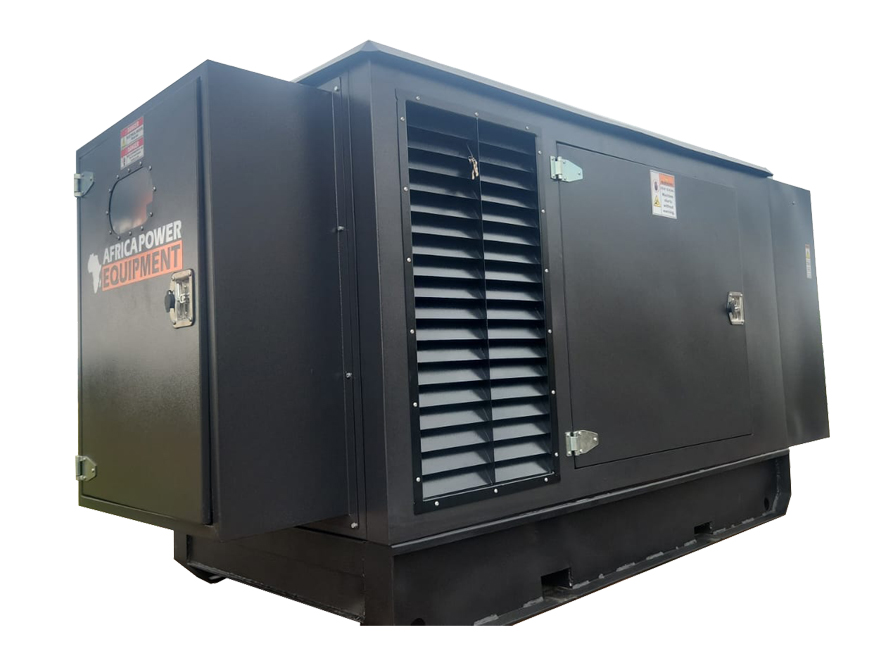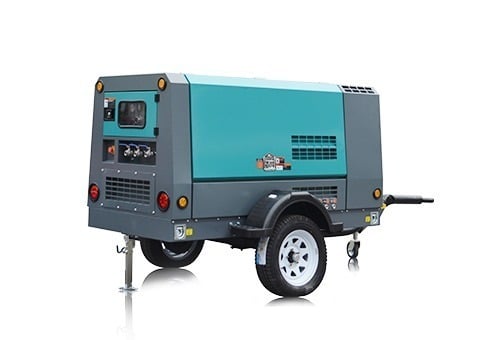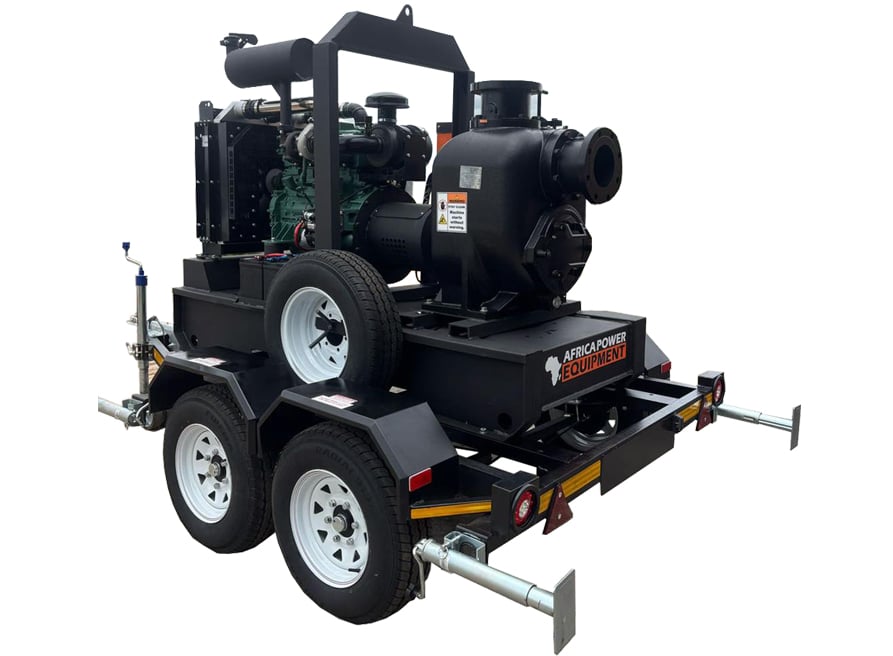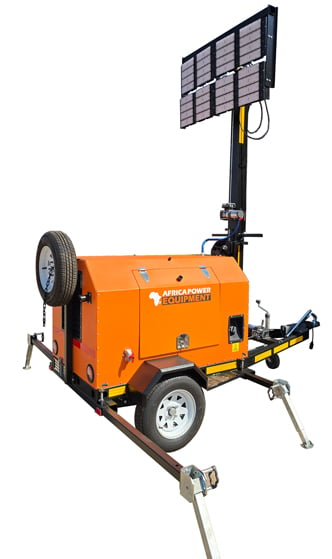How Do I Choose the Right Water Pump for Irrigation?
When it comes to irrigation—whether you’re watering crops, gardens, or lawns—the efficiency of your system depends heavily on the type of water pump you use. Choosing the right irrigation pump means ensuring adequate pressure, flow rate, and durability to meet your watering needs.
Quick Answer:
To choose the right irrigation water pump, determine your required flow rate (litres per minute), total dynamic head (TDH), water source depth, and power source. For shallow water sources and low flow needs, a centrifugal pump may work. For deep wells or high-volume irrigation, a submersible or high-pressure pump is better.
Key Factors to Consider When Choosing an Irrigation Pump
1. Water Source Type
Your pump choice depends on where you’re drawing water from:
| Water Source | Recommended Pump Type |
|---|---|
| Shallow well (<7m) | Centrifugal, jet pump |
| Deep well (>7m) | Submersible borehole pump |
| Dam, river, tank | Centrifugal or trash pump (if debris present) |
| Rainwater tanks | Pressure pumps or booster pumps |
2. Flow Rate (Litres per Minute)
This determines how much water your pump can move.
-
Small gardens/lawns: 20–60 L/min
-
Large gardens/farms: 100–1,000+ L/min
💡 Tip: Match your flow rate to the needs of your irrigation system and avoid oversized pumps that waste energy.
3. Total Dynamic Head (TDH)
This refers to the total height the pump needs to lift water, factoring in:
-
Vertical lift (from source to pump)
-
Friction loss in pipes
-
Elevation of irrigation area
Formula Example:
TDH = Suction head + Discharge head + Friction loss
Always check your pump’s max head rating and make sure it meets or exceeds your calculated TDH.
4. Type of Irrigation System
Different irrigation setups need different pressure and flow specs:
| System Type | Pump Requirement |
|---|---|
| Drip Irrigation | Low pressure, low flow |
| Sprinkler Irrigation | Moderate to high pressure |
| Pivot Systems | High flow, high-pressure pump |
| Flood Irrigation | High flow, low pressure |
5. Portability and Power Source
-
Electric Pumps: Efficient, quieter, good for residential or near-grid areas
-
Petrol/Diesel Pumps: Portable, ideal for farms or areas without electricity
-
Solar Pumps: Eco-friendly, low-maintenance, ideal for remote locations
🔌 If you’re off-grid, diesel-powered irrigation pumps are a durable, high-performance option.
Types of Water Pumps for Irrigation
✅ Centrifugal Pumps
-
Good for shallow sources
-
Economical, easy to use
-
Must be primed before use
✅ Submersible Pumps
-
Installed underwater (ideal for boreholes or deep wells)
-
Quiet operation
-
Higher pressure capabilities
✅ Trash Pumps
-
Can handle water with solids/debris
-
Ideal for drawing from rivers or ponds
-
Great for agricultural use
✅ Booster Pumps
-
Increases pressure in low-pressure systems
-
Often used in conjunction with tanks or municipal water
Additional Considerations
✅ Material Durability
-
Stainless steel or corrosion-resistant materials are better for long-term use, especially in hard water conditions.
✅ Pump Inlet/Outlet Size
-
Affects water flow rate and pipe compatibility
-
Common sizes: 1″, 2″, 3″ – larger inlets allow more water flow
✅ Self-Priming Feature
-
Makes starting the pump easier after water drains
-
Great for users who need portability and frequent repositioning
Common Mistakes to Avoid
-
Ignoring the water source depth
-
Overestimating your flow needs (leads to high fuel costs)
-
Using a low-pressure pump for sprinklers
-
Forgetting to calculate total head and friction loss
Frequently Asked Questions
Can one pump serve multiple irrigation zones?
Yes, if the pump provides sufficient pressure and flow. Use a valve system to distribute water as needed.
How deep can a submersible pump go?
Most residential borehole pumps operate at depths of 20–150 metres, depending on the model.
Is solar irrigation pumping reliable?
Yes — modern solar pump kits with storage tanks and controllers are highly reliable and cost-effective over time.
Conclusion
Choosing the right irrigation pump depends on understanding your unique watering needs, terrain, and power availability. By carefully evaluating your flow rate, pressure requirements, and water source, you can select a pump that ensures consistent irrigation while saving energy and costs.
Looking for an irrigation pump tailored to your needs?
👉 Explore our wide range of water pumps at Africa Power Equipment — from submersible borehole pumps to diesel-powered units, we’ll help you make the right choice.






